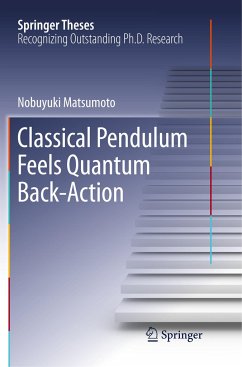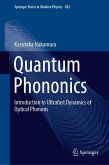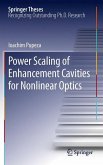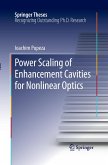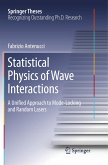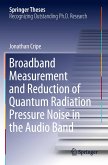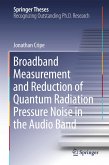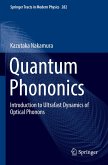In this thesis, ultimate sensitive measurement forweak force imposed on a suspended mirror is performed with the help of a laserand an optical cavity for the development of gravitational-wave detectors.According to the Heisenberg uncertainty principle, such measurements aresubject to a fundamental noise called quantum noise, which arises from thequantum nature of a probe (light) and a measured object (mirror). One of thesources of quantum noise is the quantum back-action, which arises from thevacuum fluctuation of the light. It sways the mirror via the momentumtransferred to the mirror upon its reflection for the measurement. The authordiscusses a fundamental trade-off between sensitivity and stability in themacroscopic system, and suggests using a triangular cavity that can avoid thistrade-off. The development of an optical triangular cavity is described and itscharacterization of the optomechanical effect in the triangular cavity isdemonstrated. As a result, for the first time in the world the quantum back-actionimposed on the 5-mg suspended mirror is significantly evaluated. This workcontributes to overcoming the standard quantum limit in the future.
Bitte wählen Sie Ihr Anliegen aus.
Rechnungen
Retourenschein anfordern
Bestellstatus
Storno

